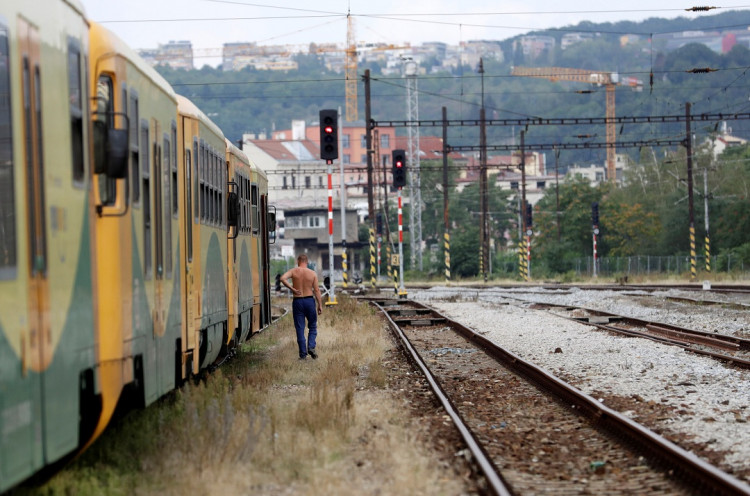China's top economic regulator has revealed plans to accelerate key railway projects around the country to help boost trade and economic growth.
The China National Development and Reform Commission (NDRC) believes that strengthening the country's railway infrastructure is one of the main ways to boost socio-economic development throughout the nation.
NDRC spokesperson Meng Wei stated that railway connectivity will play a key role in fueling economic growth.
Meng explained that a more connected and accessible railway system will greatly improve public transport and trade logistics, all of which will foster a more robust market and economy.
Speaking at an NDRC news conference in Beijing on Wednesday, Meng revealed that the agency and other related parties are now speeding up work on the country's specialized transportation planning.
A number of the agency's previously announced plans are apparently already in the works, while others are on the way to being approved and implemented.
Part of the strategic railway plan will involve further development in the Beijing-Tianjin-Hebei region and the Yangtze River economic belt. The NDRC is also looking into accelerating its railway construction plans in the Guangdong-Hong Kong-Macao Greater Bay Area.
According to NDRC data, China has already spent around $63.4 billion in fixed railway assets for the first eight months of this year. The government originally announced plans to spend more than $100 billion in railway construction for the entire year, which means that the ongoing strategy is still on track.
Total investment in fixed railway assets, excluding households, for the first eight months of this year has surged by more than 5.5 percent when compared to the same period last year, according to data from the National Bureau of Statistics.
Investment in infrastructure for the same period has increased by 4.2 percent year-on-year.
Despite the government's increase in spending on its railway strategy, some analysts still think that other factors may outweigh its apparent advantage, resulting in a continued slowdown in economic growth. Lack of major improvements in the country's production, consumption, and investment sectors may end up overshadowing the Chinese government's infrastructure efforts.
Other analysts have argued that continued infrastructure investment will be necessary to put a halt to the country's economic slowdown. Chief researcher at the Financial Research Center of the Bank of Communications,
Tang Jianwei, mentioned in a report that the recent surge in infrastructure investment could address vital inadequacies. The surge could also help to accelerate the recovery of the construction industry, further promoting economic growth.






